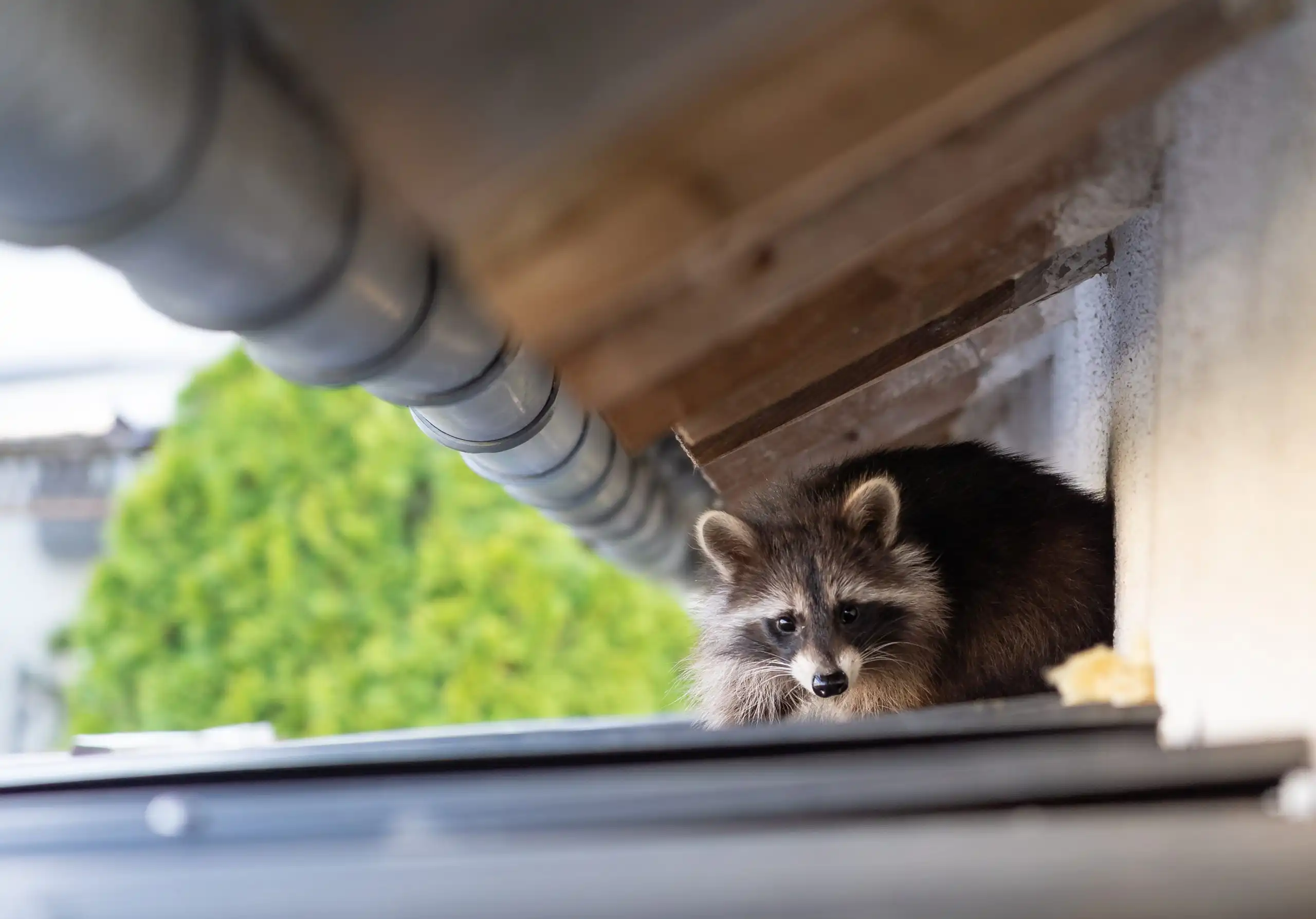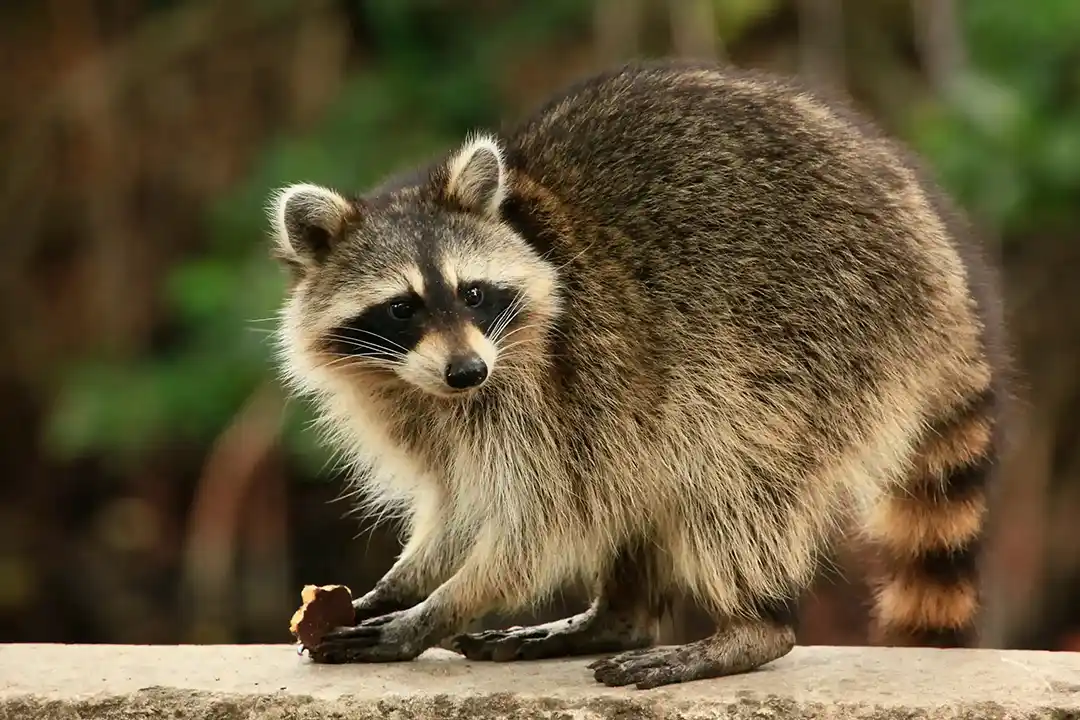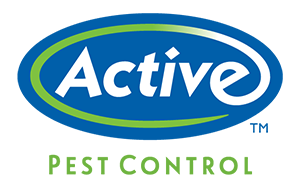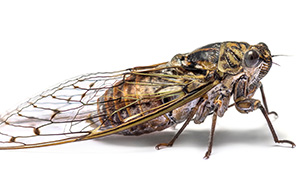
In 2024, Active Pest Control invites you to join in observing an awe-inspiring natural marvel taking place in Georgia. We stand at the threshold of a rare natural spectacle, a moment where history echoes in the present through the mesmerizing chorus of cicadas. This event offers more than just visual beauty; it presents a unique opportunity to learn about the intricate cycles of nature and how we can live harmoniously with these fascinating insects. Discover the enigmatic lives of cicadas, their significant role in the ecosystem, and strategies for cohabitation with these remarkable creatures.
How Rare Is This Natural Phenomenon?
The year 2024 is notable for a once-in-a-lifetime insect event in Georgia and nearby states—the simultaneous emergence of two cicada broods, an event unseen for 221 years and not anticipated to recur until 2245. This simultaneous emergence from mid-May through late June represents a significant moment in natural history. This is significant since the cicada’s emergence of different broods does not normally overlap, it’s typically only one at a time.
Cicada Basics
Cicadas are intriguing for their subterranean lifestyle, surfacing only to reproduce and then perish. Their synchronized life cycles, typically spanning 17 or 13 years, result in a unique convergence that fills the summer ambiance with their distinctive buzzing.
Why Is This Important?
Although cicadas pose no direct threat to humans, their massive populations can impact the health of young trees and vegetation. Understanding their ecological impact is crucial for preparing and safeguarding our plant life in eco-friendly ways, avoiding the need for aggressive pest management tactics.
Dealing With Cicadas
Widespread measures for cicada extermination are unnecessary. We suggest employing straightforward protective steps for saplings, like using netting, to mitigate potential damage during this extraordinary natural event.
A Fascinating Aspect: Cicada Urine Propulsion
One of the more curious aspects of cicada emergence is their ability to eject urine with remarkable force. Unlike other xylem-feeding (water and sap of trees) insects that release urine in droplets, cicadas can expel it at speeds of up to three meters per second, thanks to their high xylem consumption. This efficient expulsion method means that a sudden sprinkle on a clear day might just be cicada urine from overhead.
Looking Ahead
The cicada emergence of this year serves as a profound reminder of the wonders and complexities of nature. It encourages us to observe and appreciate a natural phenomenon that links us across centuries, enriching our understanding of the world we share.
Active Pest Control welcomes you to marvel at this incredible event, acknowledging the cicada emergence as a testament to nature’s grandeur, and anticipating the experiences it will offer to future observers. For any questions, concerns, or advice contact Active Pest Control.

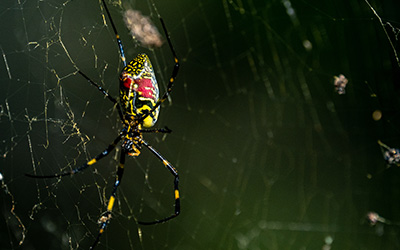
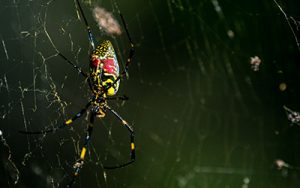
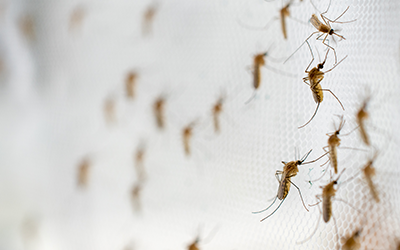
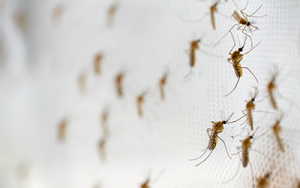 As the sun begins to set on summer, the allure of its warmth still lingers in Georgia. Residents are savoring the last moments of this season – grilling up delicious cookouts, preparing kids for the return to school, and relishing the comfort of front porch gatherings with loved ones. While we soak in the fading heat that ushers in fall, another group is also making the most of these late summer days: pests.
As the sun begins to set on summer, the allure of its warmth still lingers in Georgia. Residents are savoring the last moments of this season – grilling up delicious cookouts, preparing kids for the return to school, and relishing the comfort of front porch gatherings with loved ones. While we soak in the fading heat that ushers in fall, another group is also making the most of these late summer days: pests.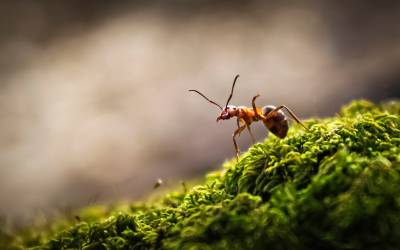
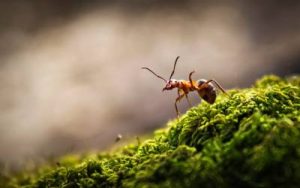 Ants can be found in practically every corner of the world, but that doesn’t make them any more pleasant when they are marching across your kitchen counter. Although these pests are small, a single colony can contain between 50,000 to 500,000 ants! With how large ant colonies can grow, it can be incredibly hard to get rid of them hard on your own. Although it may seem like sometimes you are on your own in the battle against ants, natural ant predators are working alongside you to keep the ant population in check.
Ants can be found in practically every corner of the world, but that doesn’t make them any more pleasant when they are marching across your kitchen counter. Although these pests are small, a single colony can contain between 50,000 to 500,000 ants! With how large ant colonies can grow, it can be incredibly hard to get rid of them hard on your own. Although it may seem like sometimes you are on your own in the battle against ants, natural ant predators are working alongside you to keep the ant population in check.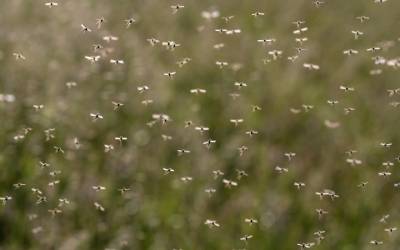
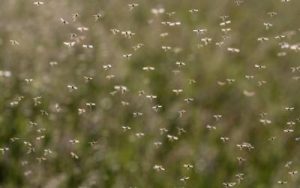
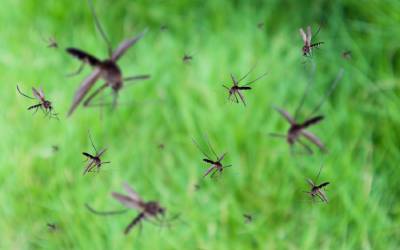
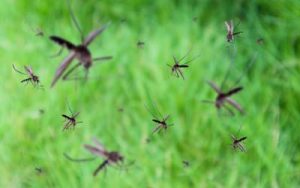
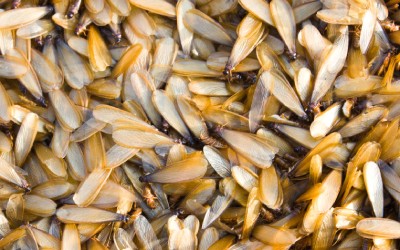
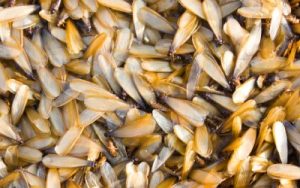 Many of these insects are just a nuisance but some of them can be dangerous to people or harmful to property. Learn which insects to watch out for, what you can do to protect your home, and how Active Pest Control can help if these precautions aren’t enough.
Many of these insects are just a nuisance but some of them can be dangerous to people or harmful to property. Learn which insects to watch out for, what you can do to protect your home, and how Active Pest Control can help if these precautions aren’t enough. 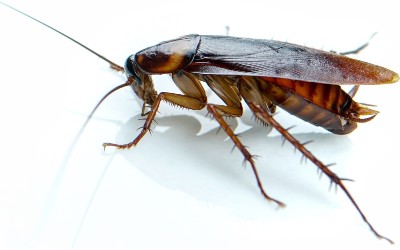
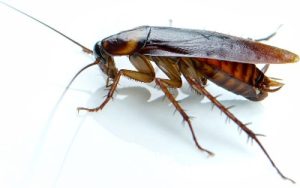 country, but hearing that may come with some degree of confusion. What is TAP insulation? Why would a pest control company install insulation? Whatever questions you may have about the product or the process, we can answer them!
country, but hearing that may come with some degree of confusion. What is TAP insulation? Why would a pest control company install insulation? Whatever questions you may have about the product or the process, we can answer them!